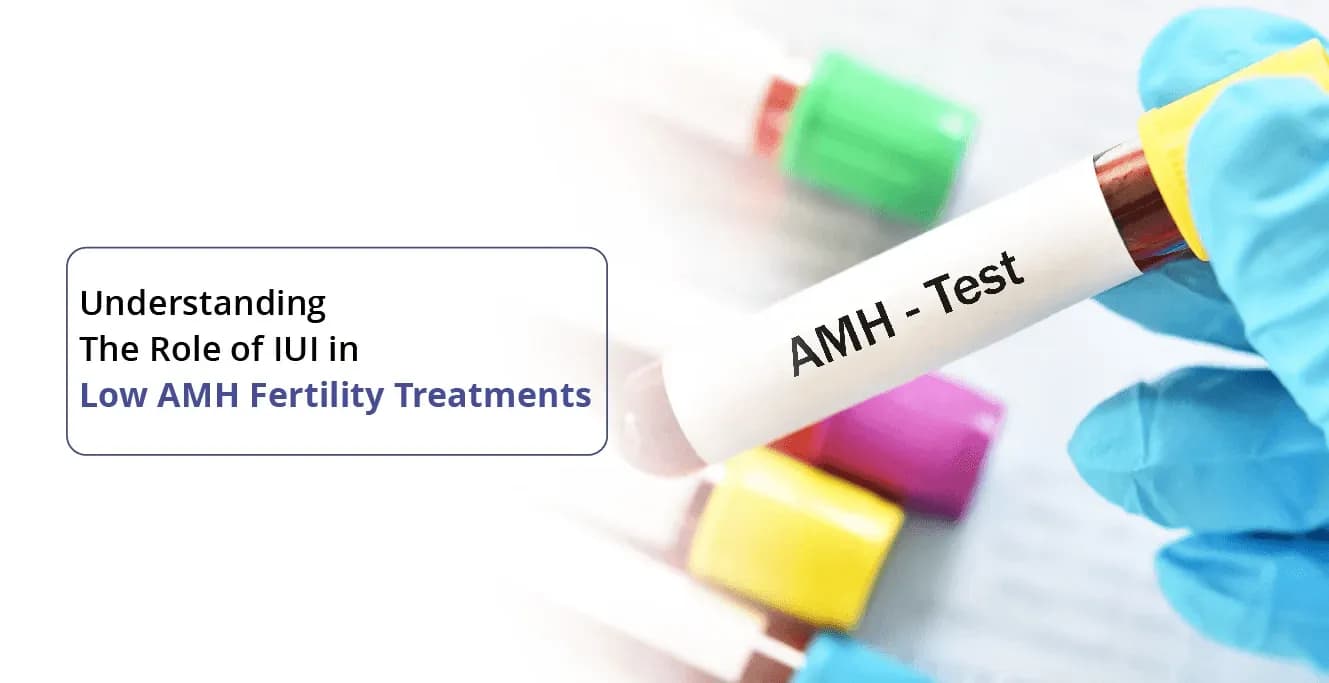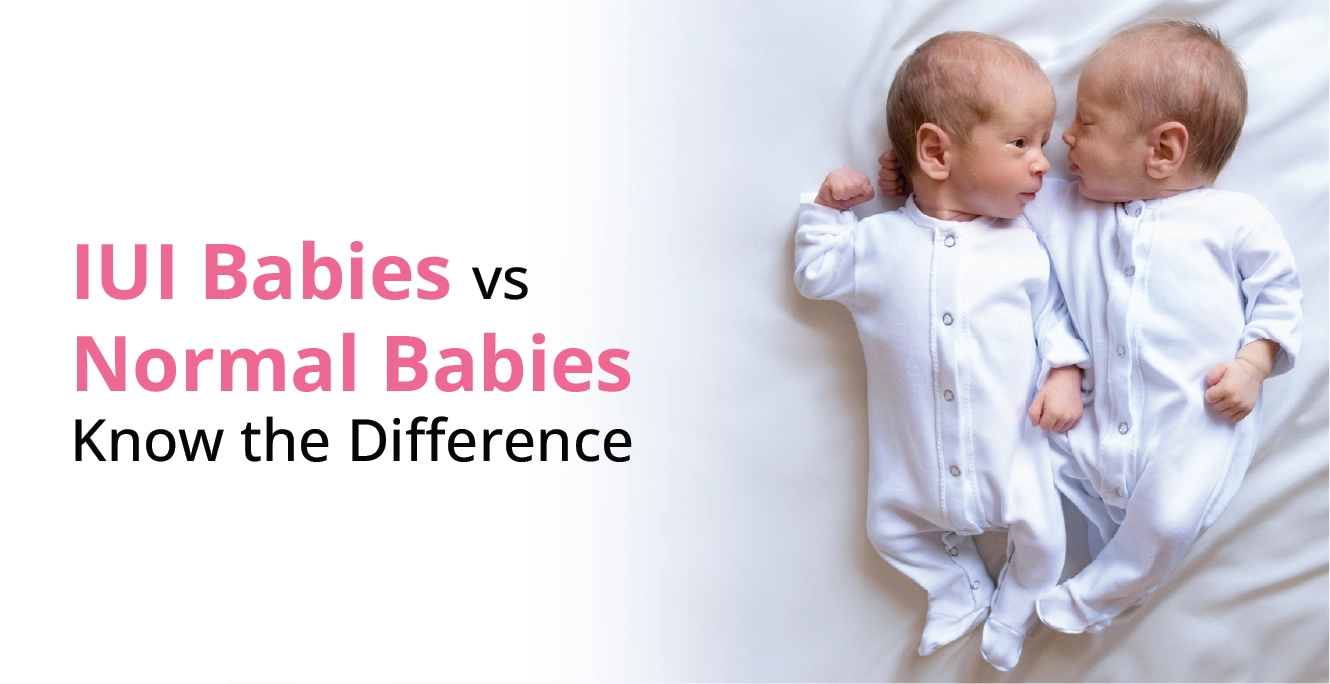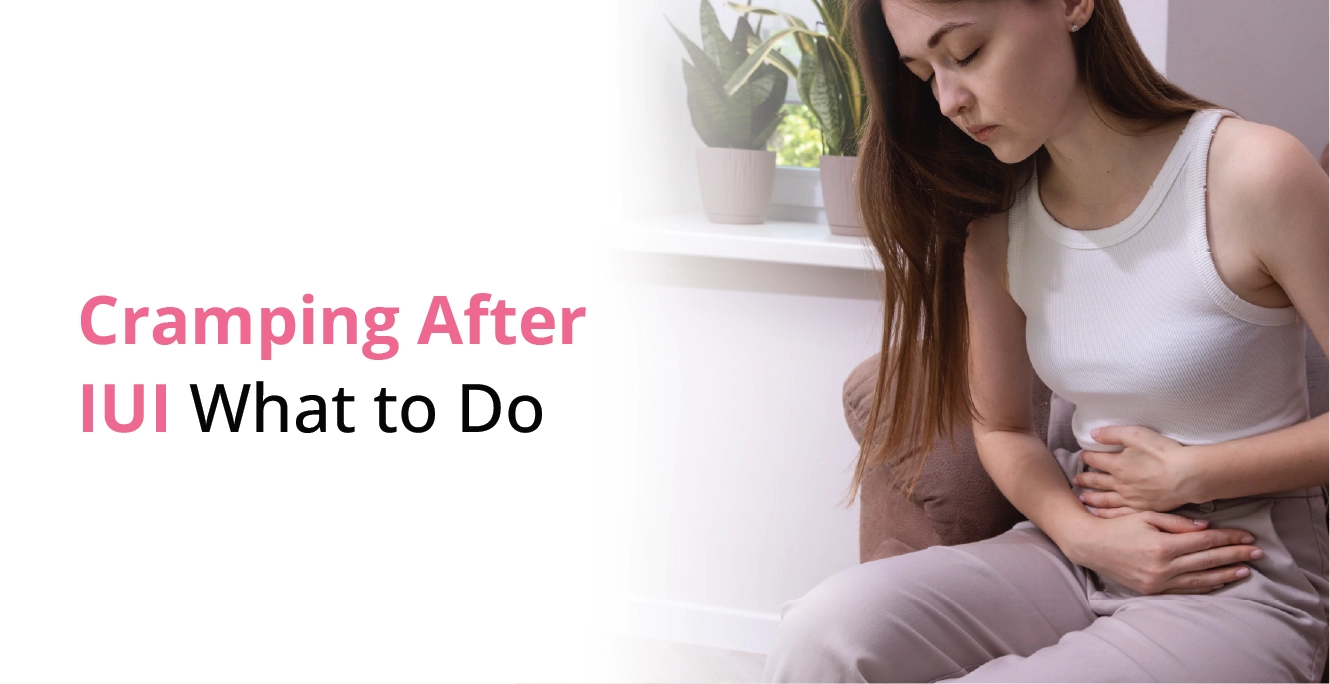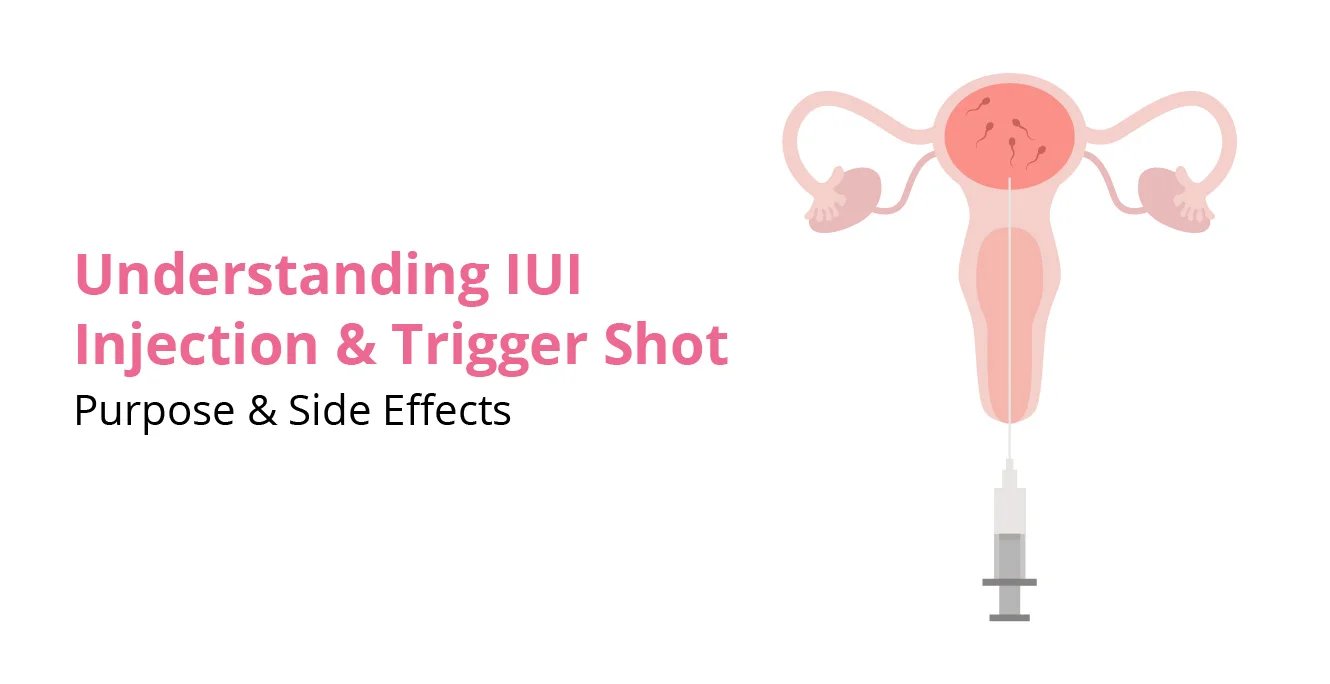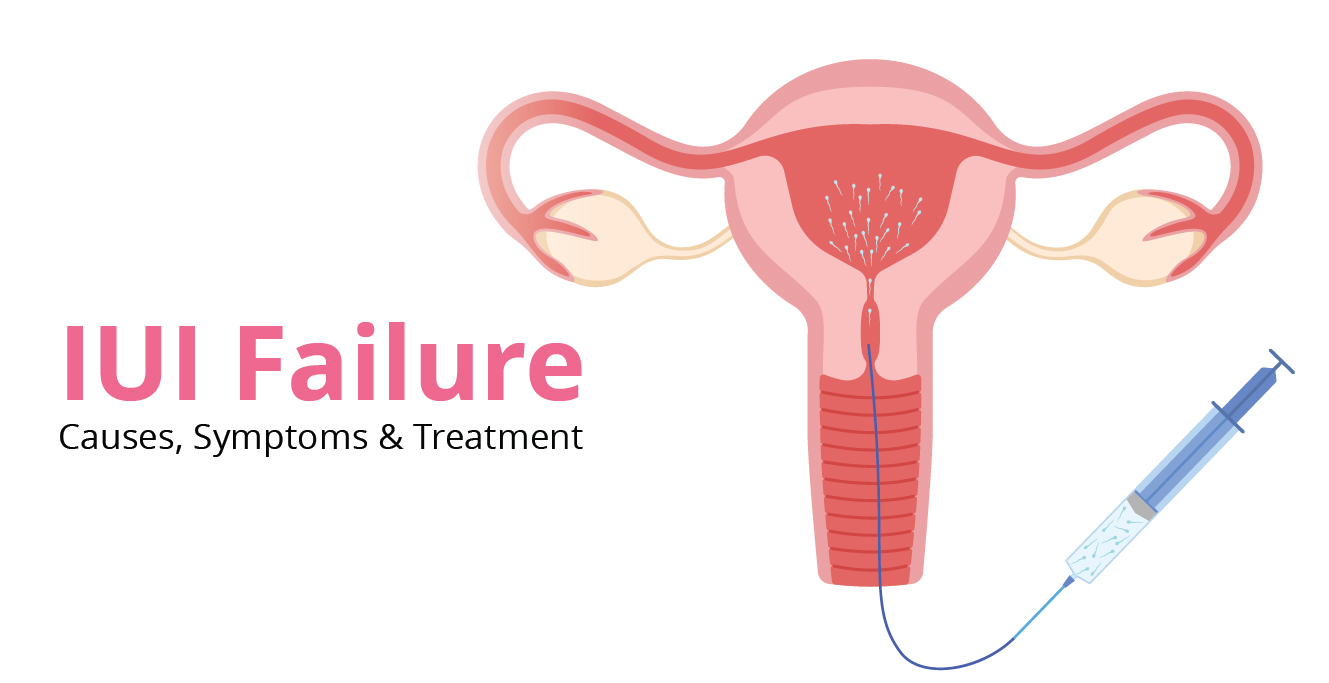Table of Contents
- Understanding Low AMH and Its Effects:
- IUI with Low AMH:
- Factors Indicating Low AMH Levels
- How Low AMH Levels Affect Fertility?
- Success Rates IUI with Low AMH Levels and Considerations:
- Benefits of IUI in Low AMH Cases:
- Navigating Challenges in IUI with Low AMH Levels:
- IUI vs. Other Fertility Treatments for Low AMH:
- Conclusion
- Frequently Asked Questions (FAQs)
Fertility issues may arise because of low levels of Anti-Mullerian Hormone (AMH). In this blog, we discuss the efficacy of intrauterine insemination (IUI) as a fertility treatment for people with low AMH levels.
Understanding Low AMH and Its Effects:
Low AMH levels are frequently linked to a decreased ovarian reserve, which makes pregnancy difficult. People in this circumstance look for effective fertility treatments in order to increase the likelihood of conception.
IUI with Low AMH:
IUI, a less invasive fertility treatment, involves placing sperm directly into the uterus, increasing the chances of fertilization. IUI is a promising alternative for those with low AMH since it makes the most use of the eggs that are accessible.
The Process of IUI with Injectable Medications:
In some circumstances, injectable medicine combined with IUI becomes a customized strategy for those with low AMH. By encouraging the ovaries to generate more eggs than usual, these drugs increase the likelihood of a successful IUI fertilization.
Factors Indicating Low AMH Levels
- Age: Because ovarian reserve typically decreases with age, advanced maternal age is frequently associated with falling AMH levels.
- Previous Ovarian Procedures or Medications: Reduced AMH levels can result from ovary surgery or specific medical treatments.
- Chemotherapy and radiation: Both of these cancer treatments have the potential to affect ovarian function and raise AMH levels adversely.
- Genetic Factors: Low levels of AMH may result from the ovarian reserve being decreased due to specific hereditary disorders.
How Low AMH Levels Affect Fertility?
- Diminished Egg Quantity: A lower ovarian reserve, or fewer eggs accessible for fertilization, is indicated by low AMH levels.
- Reduced Success Rate in Ovulation: Low levels of AMH can cause irregular or even anovulous ovulation, which lowers the likelihood of a successful conception.
- Elevated Chance of Miscarriage: Research has connected low levels of AMH with an increased chance of miscarriage, potentially because of the poorer quality eggs that are available for fertilization.
- Response to Fertility Treatments: Because fewer eggs may be recovered during IVF, people with low AMH may respond less well to fertility therapies.
- Longer Time to Conceive: Low AMH levels may make it take longer to become pregnant and necessitate more fertility treatments.
Success Rates IUI with Low AMH Levels and Considerations:
Examine the success rates of IUI with low AMH levels and the variables that affect these results. A number of factors, such as age and general health, are important in deciding how well an IUI process goes.
Benefits of IUI in Low AMH Cases:
Emphasize the advantages of IUI over more intrusive fertility treatments, including its affordability and ease of use. Talk about how individuals seeking a less aggressive yet efficient strategy may prefer IUI with low AMH.
Navigating Challenges in IUI with Low AMH Levels:
Discuss the possible drawbacks and restrictions of IUI in low AMH situations. IUI has potential, but it’s important to understand its limitations and, if needed, look into other solutions.
IUI vs. Other Fertility Treatments for Low AMH:
In the context of low AMH, contrast IUI with alternative reproductive therapies such as IVF. Recognize the benefits and drawbacks of each choice so that you can decide which one is best for your particular situation.
Conclusion
IUI is an effective treatment that provides a less intrusive route to parenthood for patients with low AMH levels. Those who are exhibiting signs or circumstances linked to low AMH levels must speak with a fertility specialist. They can offer a comprehensive assessment, go over the possible course of treatment, and design a customized strategy to increase the likelihood of a healthy pregnancy. Couples can make well-informed decisions regarding their reproductive journey by learning about IUI with injectable drugs and being aware of success rates. If you are diagnosed with low AMH levels and seeking IUI treatment, consult our fertility experts today. You can either call us at the mentioned number or book an appointment by filling out a given form with the required details, and our coordinator will call you shortly to answer your queries.
Frequently Asked Questions (FAQs)
- Is IUI cost-effective for low AMH?
Yes, for low AMH, IUI can be a more affordable option than more involved reproductive procedures.
- Can lifestyle changes boost IUI success in low AMH?
A healthy lifestyle may have a good effect on IUI results when AMH is low.
- Any specific medications for IUI with low AMH?
In low AMH circumstances, injectable drugs can increase egg production and improve the success of IUI.
- How many IUI cycles are advisable for low AMH?
The ideal strategy for low AMH varies; speak with an expert to find out how many IUI cycles are advised.
- Is IUI with low AMH less stressful than IVF?
Some people with low AMH prefer IUI over IVF because it is typically less intrusive and stressful.
- Can emotional well-being impact IUI success in low AMH?
For those with low AMH, controlling stress has a good impact on IUI outcomes; emotional well-being is a factor.
- Are there dietary tips to support IUI in low AMH cases?
A healthy, nutrient-rich diet may help those with low AMH levels have successful IUI treatments.
Our Fertility Specialists
Related Blogs
To know more
Birla Fertility & IVF aims at transforming the future of fertility globally, through outstanding clinical outcomes, research, innovation and compassionate care.
Had an IVF Failure?
Talk to our fertility experts

 Our Centers
Our Centers


